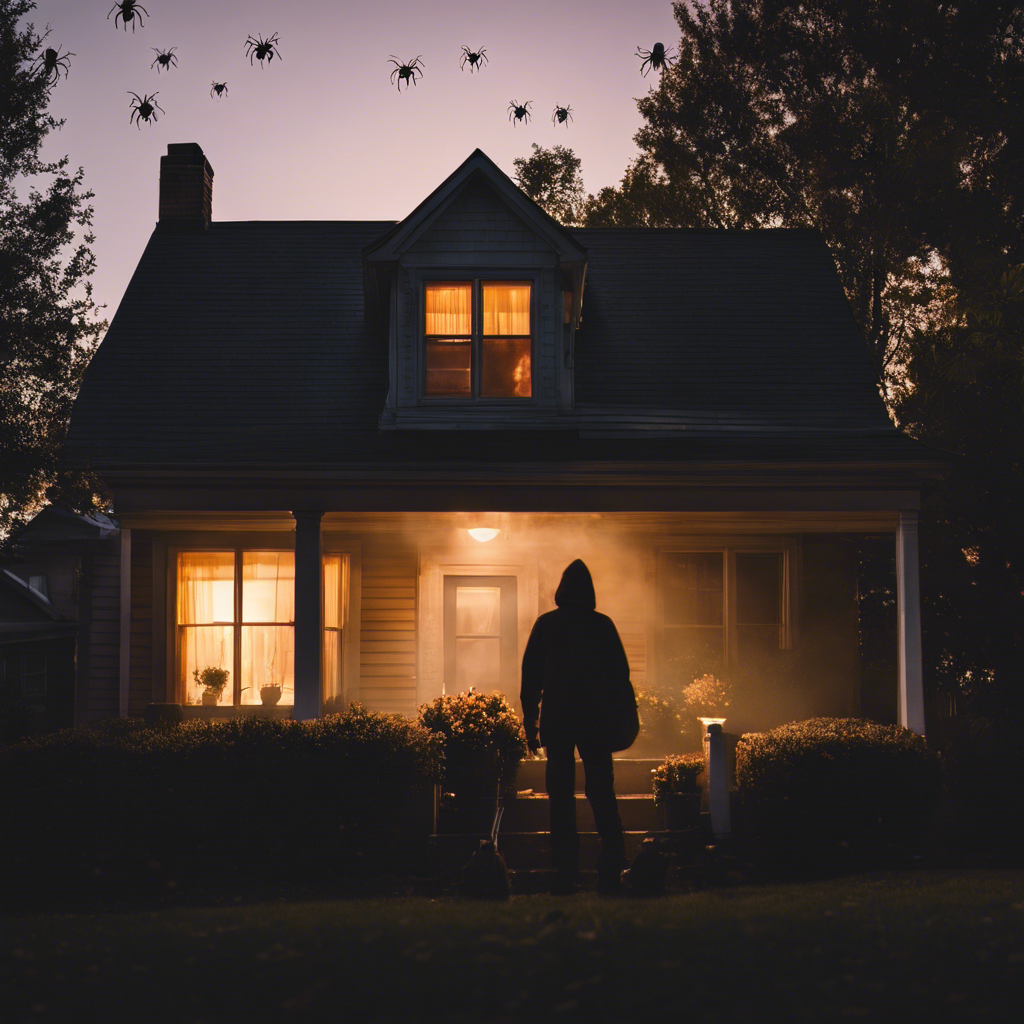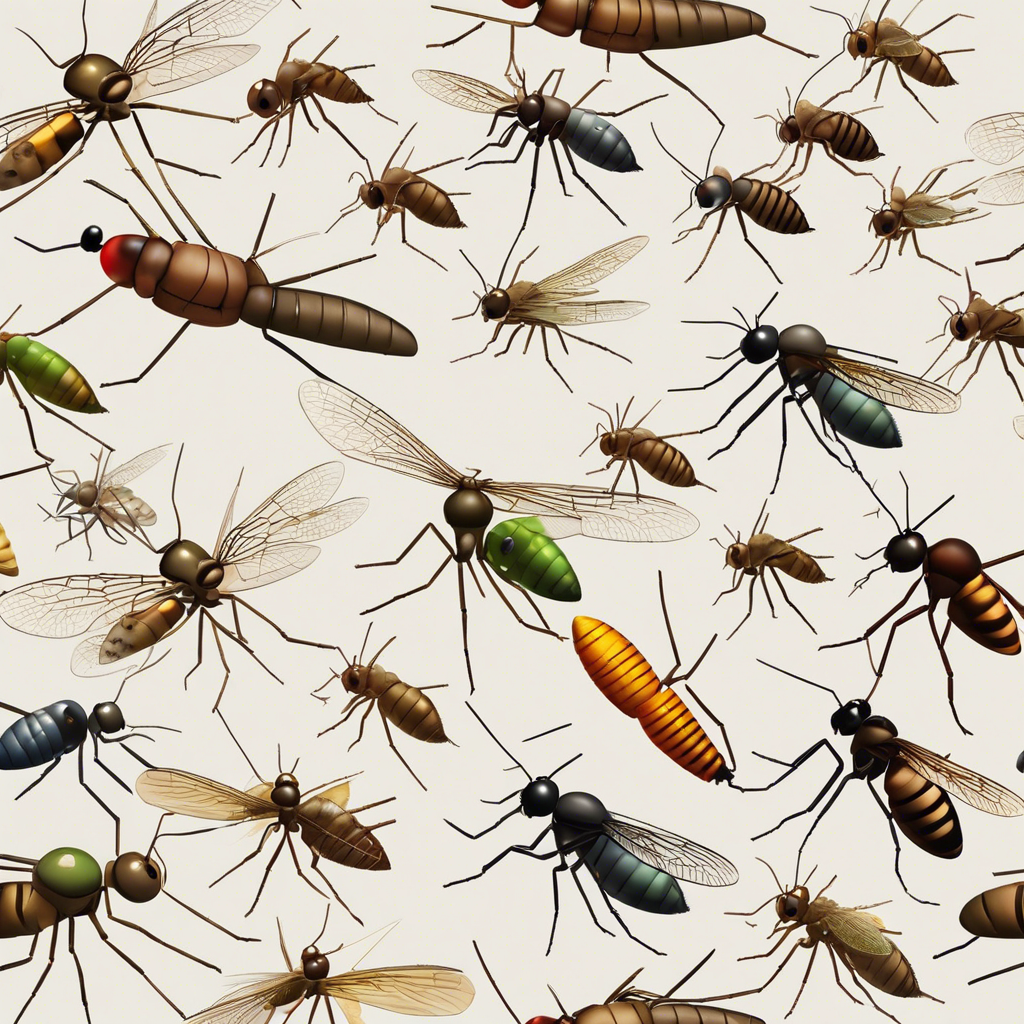Embarking on the journey of homeownership in Tulsa is akin to exploring a dense forest; you’ll need to be prepared for the occasional spider weaving its way into your sanctuary. As you settle in, it’s essential to understand what effective spider control entails. Nature Guard offers a shield against these eight-legged invaders, tailoring solutions that guarantee your new home remains a comfortable haven.
From identifying spider species to implementing strategic prevention methods, you’re in capable hands. However, knowing the common attractions for spiders and how to mitigate them can make all the difference. Stay tuned to uncover the essentials of maintaining a spider-free environment, safeguarding not just your home, but your peace of mind.
Key Takeaways
- Identify and seal entry points to prevent spiders from entering your home.
- Keep your home clean and clutter-free to reduce spider hiding spots.
- Use vacuuming, sticky traps, and professional pest control for effective removal.
- Schedule regular inspections and maintenance for ongoing spider control.
Common Spiders in Tulsa
Tulsa’s landscape is home to a variety of spiders, including the House Spider, Wolf Spider, Brown Recluse, and the highly venomous Black Widow. You’ll find House Spiders of various sizes and colors, typically weaving their webs in corners to catch their next meal.
Meanwhile, the Wolf Spider, with its stout, hairy body, actively hunts prey without the need for webs, showcasing its adaptability in Tulsa’s environment. The Brown Recluse Spider, recognized by its venomous bite and distinctive violin-shaped markings, poses a hidden danger.
The Black Widow, the most venomous spider in Oklahoma, lurks with its infamous red hourglass marking. Together, these spiders form a significant part of Tulsa’s ecosystem, each with unique behaviors and habitats that you’ll learn to navigate.
Attraction Factors for Spiders
Understanding the factors that attract spiders to your home is important in preventing infestations. Your home could unknowingly offer the perfect shelter for spiders, making you vulnerable to a spider problem. Spiders are drawn to your home in search of food sources, primarily other insects, warmth, and shelter.
Damp conditions, such as those caused by leaky pipes or standing water, create ideal moisture sources that spiders find irresistible. Additionally, dark, cluttered spaces like basements, attics, and closets provide secluded areas for nesting. Outdoor vegetation touching your home can act as bridges for spiders, allowing easy entry.
Furthermore, light sources around your home can attract these eight-legged creatures, especially at night, leading them to windows and entry points. Recognizing these attraction factors is a pivotal step in understanding and managing a potential spider problem.
Effective Spider Prevention Strategies
To effectively prevent spiders from taking over your home, it’s important to adopt a multifaceted strategy that targets their entry points and eliminates their hiding spots. Sealing cracks and crevices around your property is a critical step in spider control, cutting off their access and reducing the risk of infestation.
Clearing clutter not only tidies your space but also removes potential spider sanctuaries. Additionally, maintaining cleanliness by securing food, managing trash, and minimizing other pest attractions is essential in discouraging spiders from considering your home an inviting spot.
Regular inspections for signs of spiders enable proactive prevention measures, ensuring your living space remains spider-free. Embrace these strategies to safeguard your home against unwelcome eight-legged pests.
Spider Removal Techniques
After implementing prevention strategies, it’s important to focus on removing any spiders that have made their way into your home. Effective spider removal techniques include vacuuming, utilizing sticky traps, and applying insecticides in targeted areas.
Partnering with a local pest control service can guarantee integrated pest management approaches are used, specifically targeting pests like the brown recluse, black widow, and Wolf spiders. These professionals excel in identifying and eliminating spider habitats by clearing clutter and sealing cracks to prevent them from entering your home again.
Regular cleaning and maintenance are key to keeping your home pest-free. Trust Nature Guard in Tulsa to provide you with the most effective spider control solutions, guaranteeing both immediate removal and long-term prevention.
Ongoing Monitoring and Maintenance
Regularly scheduled monitoring and maintenance are essential steps in ensuring your home remains spider-free. Ongoing monitoring post-treatment guarantees the effectiveness of spider control measures is maintained, while scheduled maintenance visits address new threats or potential re-infestations.
This proactive approach allows for the timely re-application of treatments, ensuring a consistently spider-free environment. Through consistent inspections and maintenance, you’re not just reacting to problems, but preventing future infestations.
Additionally, these monitoring and maintenance services are tailored to your specific needs, ensuring top-notch results. By embracing these tailored services, you’re taking a critical step towards safeguarding your home and family against unwanted guests.
Frequently Asked Questions
Is It Safe to Be in House After Pest Control?
Yes, it’s safe after the specified waiting period. Follow professional advice on reentry time, ventilate for chemical safety, and mind pet safety to avoid residue risks or allergic reactions. Consider organic alternatives for less worry.
How Do I Get Rid of Spiders in My New Construction House?
To rid your new house of spiders, use natural repellents like peppermint oil and vinegar spray. Install sticky traps, engage in regular cleaning, and apply diatomaceous earth. Seal windows, add door sweeps, and manage lights efficiently.
What Happens to Spiders After Pest Control?
After pest control, it’s like spiders suddenly join a dance marathon, showcasing erratic behavior due to chemical effects. The treatment alters ecosystem balance, reducing mortality rate but watch for pest resurgence. Regular applications with safety measures are key.
Is It Normal to Have Spiders in a New House?
Yes, it’s normal to find spiders in your new house due to spider migration, common species’ seasonal influx, and habitat attraction. Identifying webs, utilizing DIY repellents, controlling moisture, sealing entry points, and reducing clutter can help.





